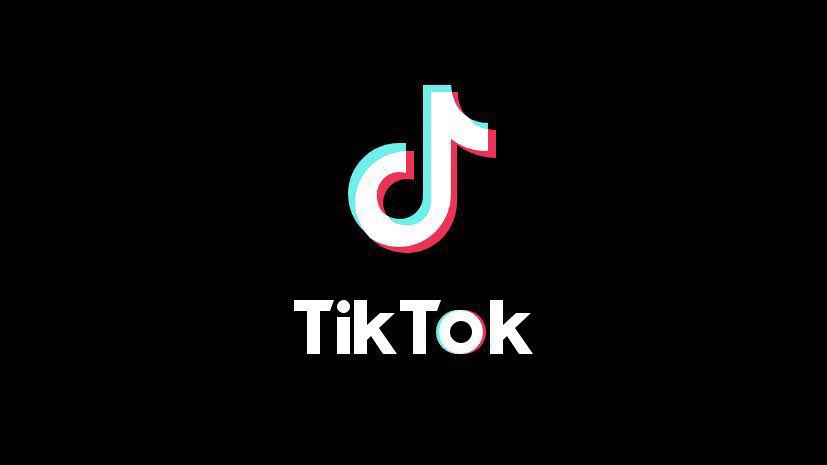From the beginning of time, sound has been humanity's most primal means of connection. Before instruments, before radios and televisions, there was the simple transfer of melodies and hums from parent to child, often mothers soothing their offspring with tunes passed down through generations. It was simple, accessible, and timeless. Even centuries later, that tradition lingers, although the modes of transmission have evolved dramatically.
First came instruments, broadening the spectrum of sound. Then came radio, and with it, the ability for music to reach beyond immediate surroundings. Television added the visual layer, and eventually, the internet blew the gates wide open. Suddenly, music knew no borders, and listeners were no longer limited by geography or language. Instead, they found themselves immersed in the sounds of cultures oceans apart.
And then came TikTok.
Yes, that app—the one your younger cousins can’t stop talking about, the one that has you glued to your screen long past your bedtime, humming lyrics you didn't even realize you knew. TikTok isn't just an addictive social media platform; it's an undeniable force in today’s music industry. The app has become a launchpad for new music, a rediscovery zone for old classics, and a cultural touchstone for global music consumption.
It’s not just personal. TikTok has transformed industries. From fashion to film, and especially in music, it has revolutionized how songs are discovered, shared, and consumed. A 2021 study underscored this impact: over 47% of TikTok users reported adding new songs to their streaming playlists after discovering them on the app. A whopping 75% discovered new artists through TikTok, and 63% heard songs for the first time there. Perhaps most telling: 72% of users now associate specific songs directly with TikTok itself.
The data tells a powerful story, but so do the songs. The app has breathed new life into classics and propelled fresh tracks into the mainstream. Just last October, Enya’s "Only Time" made an unexpected comeback alongside beloved Nollywood soundtracks like Dekumzy ft. Slow Dog & Desperate Chicks' "Who Get Dat Thing," Wande Coal’s "So Mi So," and Adewale Ayuba’s timeless "Koloba Koloba." At the same time, contemporary hits dominated TikTok’s sonic landscape: Smur Lee’s "Juju," Rema’s "Azaman," Monaky’s viral "Chandelier," Fido’s "Awolowo," Pa Salieu’s "Big Smile," Joeboy and Qing Madi’s "Adenuga," Skepta and Portable’s "Tony Montana," Fireboy DML’s "Change Your Life," Ayra Starr’s "Woman Commando," and Victony’s "Tiny Apartment," among others.
The momentum continued into 2025 with dance challenges and viral trends for songs like Fido’s "Joy is Coming," Teni’s "Money," Papa San’s "Maddy Maddy Cry" (1992), Lawrence Oyor’s "Favour," Kunmie’s "Arike," Qing Madi’s "Favorite Psycho," BLNDE’s "Omo To Sexy," and Asake’s rejuvenated "MMS." And we’re only halfway through the year. The TikTok-to-mainstream pipeline shows no signs of slowing down.
The app has not only amplified the reach of music but has also introduced audiences to lesser-known talents. Mannywellz, for example, saw his music skyrocket thanks to TikTok. Since 2023, songs like "Take It Easy" and "Better With You" featuring Pink Sweat$ found viral success, and in 2024 alone, his tracks "Looking for God," "Ouu Wee" ("Chocolate and Caramel" trend), and "Masterpiece" (the "Muah Challenge") gained massive traction. Similarly, Nigerian-born Tega Ethan’s "They Don’t Have a Clue" captured widespread attention, proving that the platform offers not just fleeting moments but genuine career boosts.
For some, TikTok has revived careers; for others, it has served as the catalyst for breakout success. In a few cases, it has created once-in-a-lifetime viral moments. Regardless of the outcome, one thing is clear: TikTok has reshaped the music landscape.
Of course, not everyone views this transformation through rose-colored glasses. Some critics argue that TikTok prioritizes fleeting trends over musical quality, pushing artists towards formulaic hits designed solely for virality. Others lament the pressure it places on musicians to constantly create content rather than focus solely on artistry.
Yet the undeniable truth remains: TikTok has bridged the gap between artists and audiences, offering unprecedented access and immediacy. It has democratized music discovery in ways traditional media never could.
So while debates over authenticity continue, millions of users keep humming those sticky hooks, perfecting their dance routines, and creating memories one video at a time. Music and TikTok are, for better or worse, forever intertwined.
This article is excerpted from TurnTable’s Industry Digest Mid-Year Issue of 2025. The full Industry Digest will be published on Tuesday, July 15.
